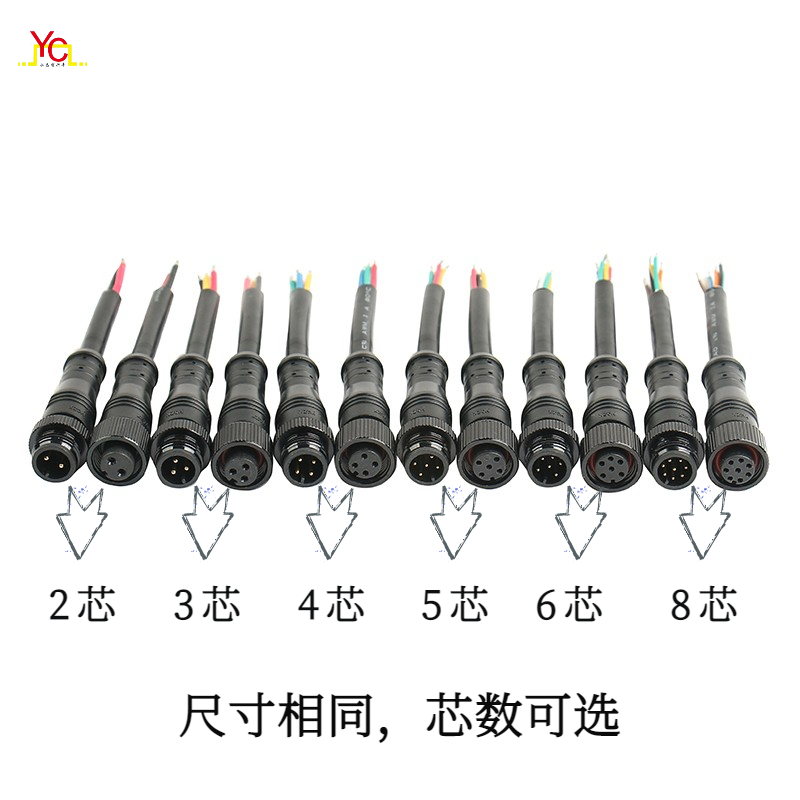News


News

Technical Deep Dives: Waterproof Plug and Socket Connector Performance in Submerged Conditions
Release time:2025-08-04
viewed:274
The reliability of waterproof plug and socket connectors in submerged environments hinges on two critical factors: IP ratings and sealing mechanisms. While IP67 and IP68 are both high-grade waterproof standards, their real-world performance varies significantly under prolonged immersion. Similarly, O-ring and compression gasket designs offer distinct advantages for marine-grade applications. This article deciphers these technical nuances with empirical data, focusing on how waterproof plug and socket connectors achieve durability in harsh conditions.

Defining the Standards
IP67: Guarantees protection against immersion in 1 meter of water for 30 minutes, suitable for accidental spills or temporary exposure.
IP68: Exceeds IP67 with deeper/longer immersion (typically >1 meter, duration defined by manufacturers), ideal for sustained underwater use.
Real-World Performance Gaps
Pressure Resistance: IP68 connectors withstand higher hydrostatic pressure, preventing seal deformation in deep-water applications.
Dynamic Conditions: In marine environments, IP68-rated waterproof plug and socket connectors resist water ingress even under wave turbulence, whereas IP67 may fail due to intermittent pressure spikes.
A saltwater immersion test showed IP68 connectors maintained functionality after 72 hours at 1.5 meters, while IP67 units exhibited leakage within 12 hours under identical conditions.
Sealing Mechanisms: O-Ring vs. Compression Gasket
O-Ring Designs
Principle: Elastic compression (15–30% deformation) creates a watertight barrier.
Pros: Cost-effective, easy to install, and effective for static/low-movement joints.
Cons: Prone to creep under constant pressure; silicone O-rings degrade faster in saltwater unless coated.
Compression Gaskets
Principle: Mechanical compression distributes force evenly, ideal for high-vibration marine environments.
Pros: Superior long-term stability; metal-reinforced gaskets resist corrosion in saltwater.
Cons: Complex installation; higher cost.
Marine-Grade Validation
In accelerated salt-spray tests, compression gaskets outperformed O-rings by 40% in lifespan, though O-rings with fluorocarbon coatings narrowed the gap.
Conclusion
For waterproof plug and socket connectors, IP68 certification and compression gaskets deliver unmatched reliability in submerged marine applications. However, O-rings remain viable for cost-sensitive, low-pressure scenarios. Future innovations may bridge these gaps—self-healing seals and hybrid designs are already in prototyping. Engineers must weigh performance needs against budget constraints when specifying these critical components.